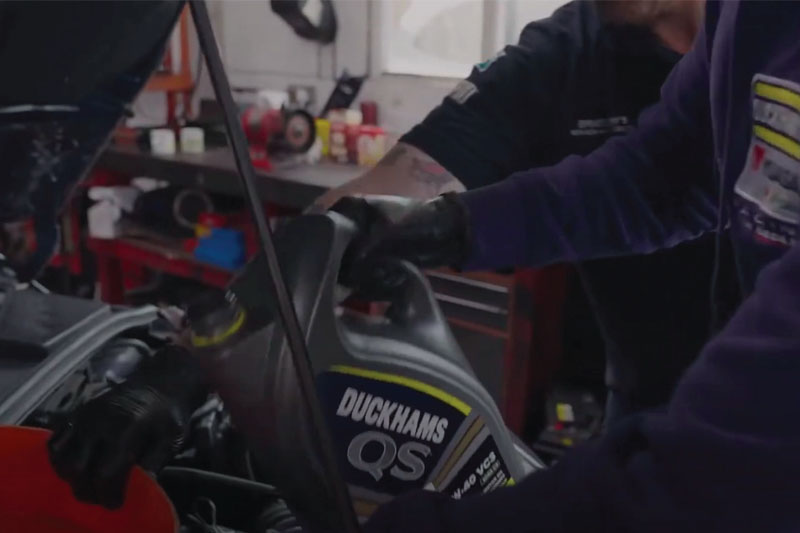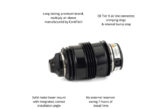
Duckhams Oils delves into the ICE-ban delay, questioning whether the market will be ready for electric vehicles in 2035, or even if it needs to be.
The UK Government’s decision to delay the ban on the sale of petrol and diesel cars from 2030 to 2035 was met with both dismay and delight.
Some OEMs were frustrated by the change in direction, whilst a group of environment NGOs, including Campaign for Better Transport and Greenpeace UK, condemned the government’s plans, writing in a letter, “the delay to 2035 would blow a massive hole in any serious attempt to reach net zero emissions by 2050.”
Some relief?
According to a What Car? survey of in-market car buyers, nearly two-thirds of UK drivers were in favour of the UK Government’s decision to push back the ban on the sale of new petrol and diesel vehicles to 2035. Their reasons varied from concerns over the lack of charging infrastructure to the cost of electric cars, range fears and those who simply prefer driving petrol or diesel vehicles.
Electric vehicles are generally more expensive to buy than petrol or diesel vehicles. Potential cheaper running costs could offset these higher upfront costs. But higher insurance, the end of the vehicle excise duty exemption from April 2025 and soaring electricity costs may be narrowing the gap.
The sector is making good progress regarding workshops for electric cars, but data from the IMI suggests a potential shortfall of 16,000 qualified technicians by 2032. “Despite a long-held belief that EVs – with less moving parts – will be quicker to service than their ICE counterparts, in-depth analysis conducted by the IMI for our response to the MOT Consultation suggests otherwise”, explained Steve Nash, CEO of the Institute of the Motor Industry.
Drivers and fleet operators are holding onto their vehicles more than ever before. According to the latest ACEA Vehicles in Use 2023 report, passenger cars are now, on average, 12 years old in the European Union, vans 12 years, trucks 14.2 years and buses 12.7 years, a marked rise since 2018, when cars were, on average, 10.5 years old, vans 10.5 years old, and trucks and buses 11.7 years old.
Duckhams chairman Jabir Sheth said, “Catering to the diverse and ageing vehicles on our roads, since 1899, Duckhams Oils has been offering high-performance engine oils formulated to keep engines of all ages moving. Improved reliability and the cost-ofliving crisis means motorists are in no rush to switch to electric vehicles. Whilst alternatively powered vehicles are increasing their share of new car sales, petrol was still the most popular choice for new registrations in the EU in September 2023, with petrol and diesel accounting for 46.8 per cent of all registrations. Diesel continues to dominate new truck registrations and is still the most popular choice for new van registrations. These vehicles will still be on the roads by 2035 and beyond.
Duckhams QS and QXR synthetic engine oils are formulated with modern additive technology and high-quality base oils to meet current specifications and provide advanced protection for modern passenger cars. Hypergrade Plus engine oils are formulated to meet the requirements of older vehicles and provide complete protection.
For classic cars, products like Duckhams Classic [Q] 20W-50 – the original green multigrade motor oil – are widely recommended in many original owners’ handbooks and suitable for use in older, higher mileage petrol and non-turbocharged diesel classic car engines.









